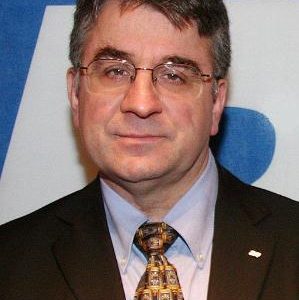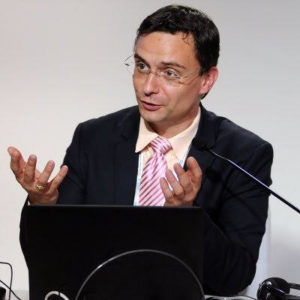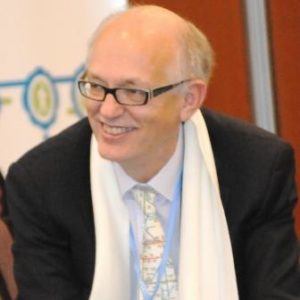Delivering the New Urban Agenda through Sustainable Urban Mobility Solutions
Training Events Venue: R5- United Nations Human Settlements Programme (UN-Habitat) And United Nations Centre For Regional Development (UNCRD).
- 1) Wuppertal Institute,
- D.C.,
- Germany B. SOLUTIONS Project C. ITDP,
- Germany – SOLUTIONS Project 2) International Road Transport Union (IRU) – The Global Partnership For Sustainable Transport Initiative And Regional Public-private High Level Groups – IRU Lighthouse For Electric Taxis – The IRU Global Taxi Network,
- Germany – SOLUTIONS Project,
- I. Sustainable Urban Mobility A. Wuppertal Institute,
- International Road Transport Union (IRU),
- IRU Lighthouse For Electric Taxis,
- Japan G. World Bank,
- Kenya E. IRU – International Road Transport Union (incl. The Global Partnership For Sustainable Transport Initiative,
- PR China I. ITDP,
- Regional Public-private High Level Groups,
- Shanghai,
- The IRU Global Taxi Network) II. TOD F. MLIT-J,
- Tokyo,
- U.S.A H. SLoCaT,
- U.S.A. (and Many Other Cities In The World) D. UN-Habitat,
- U.S.A. (and Many Other Cities In The World) J. WRI,
- U.S.A. (and Many Other Cities In The World),
- Washington,
- Wuppertal Institute.
- Dr. Kulwant Singh

- Mr. Andre Dzikus

- Mr. Arturo Ardila-Gomez

- Mr. Clayton Lane

- Mr. Madahv Pai

- Mr. Oleg Kambenski Head Passenger Transport And Taxis International Road Transport Union (IRU) Bulgaria

- Mr. Oliver Lah Project Coordinator Wuppertal Institute For Climate Environment And Energy Germany

- Mr. Robin King

- Mr.Cornie Huizenga General Secretary Partnership On Sustainable Low Carbon Transport (SLoCaT) Germany

- Ms. Kazuko Ishigaki

- Ms. Stefanie Holzwarth

The Transformative Commitments of the New Urban Agenda include the commitment to sustainable and efficient transport for achieving the benefits of connectivity and reducing the financial, environmental and public health costs of congestion and air pollution. The uptake of electric mobility in all forms, in the context of better and compact urban planning has the potential to make an important contribution to a low carbon development pathway for transport. To ensure e-mobility solutions are properly integrated in a wider sustainable development concept, the training aims to assist participants and practitioners in illustrating strategies on how to develop and implement packages of policies and infrastructure. Also notable as part of transport-related policies is transit oriented development (TOD), which promotes compact, higher density, mixed-use, walkable development, where residential and commercial districts are located around a transit station or corridor. It also facilitates transit use and maximizes overall accessibility and scale economy of cities. Due to the nature of TOD, it plays a vital role in realizing “sustainable and inclusive urban prosperity”. The event will be structured into three segments: The first segment will focus on sustainable urban mobility solutions (with a focus on electric mobility), the second segment will focus on TOD, and the third segment will provide room for interactive discussions among the participants. 1) Sustainable Urban Mobility Solutions (1 hr 15 min) The first segment on sustainable–urban mobility solutions provides inputs on the technological, socio-economic and financial viability of mobility in different contexts and identifies infrastructure and policy measures with the highest mitigation potential. It will provide practical advice on key steps towards sustainable urban mobility, including: a) How to develop an integrated sustainable urban mobility plan? b) How to integrate e-mobility measures into a wider sustainable mobility concept? c) How to set a baseline, estimate potential and track progress of sustainable mobility solutions? d) How to create coalitions/collaborations for sustainable mobility actions? e) How to prepare Transport Demand Management Strategies and integrate these with urban planning for compact cities and mixed land-use planning? f) How to mobilize finances for promoting public road transport and Intermediate para-transit for sustainable urban transport? 2) Transit-oriented development (1 hr 15 min) In the second segment on transit oriented development (TOD), the concept of TOD will be introduced to address its importance in realizing the New Urban Agenda (NUA) and promoting an effective, inclusive and sustainable urban development. Good examples of TOD practices, measures and frameworks will be shared as well as their benefits and the lesson learned from the projects. 3) Interactive discussion (30 min) The participants of the training event are expected to include practitioners, international organizations and multilateral financial institutions, who will bring the experience of sustainable mobility projects. Participants are invited to share their experience in regard to the above training content and jointly review good practices undertaken by cities to improve the uptake of sustainable mobility solutions and TOD. Furthermore, challenges by different stakeholders shall be discussed, e.g. in integrating electric mobility solutions in the wider context of a sustainable urban transport system or on the concept of TOD.
